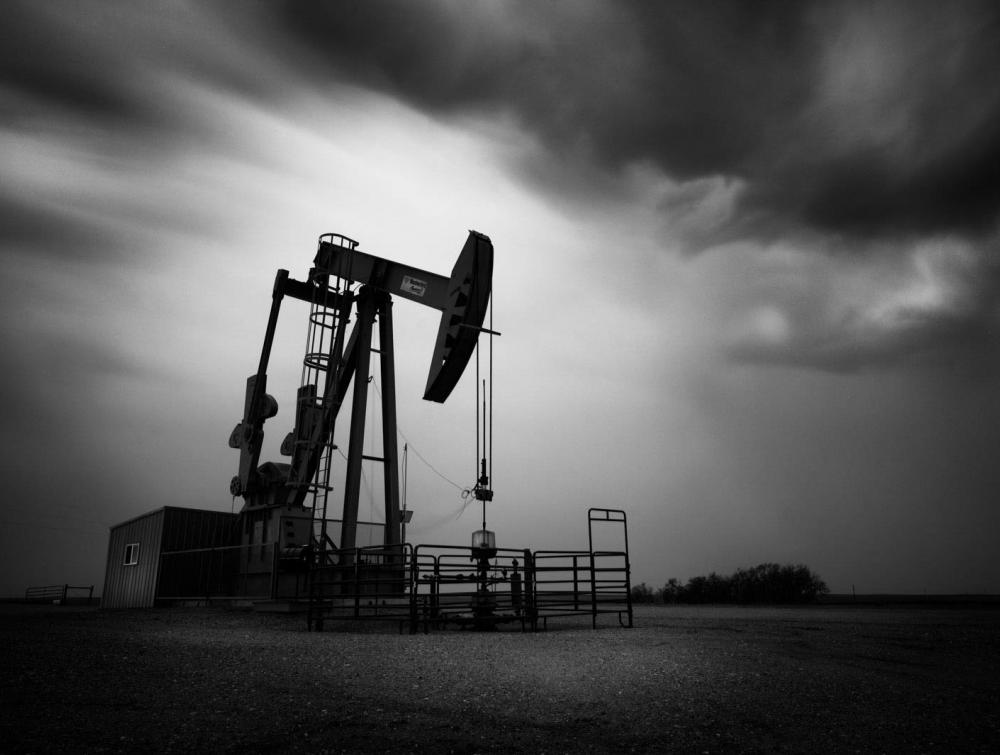Misguided energy attacks take aim at renewables, give handouts to fossil fuel companies

Reckless drilling can be devastating for the environment and local communities
David Kingham/Flickr
Trump declares national energy emergency, but wrongly excludes fastest growing energy sources in US
In the first few weeks, the Trump Administration has wasted no time advancing a dangerous fossil fuel agenda that prioritizes oil and gas profits over the health and wellbeing of communities and public lands. These actions ignore the realities of the climate crisis, and the needs of the communities most impacted. They won’t lower energy prices for consumers and they also disregard and target the two fastest growing energy sources in the United States: wind and solar.
Suspension and revision of new renewable energy projects on public lands and waters
Despite claiming the existence of an “energy emergency” the Trump administration sent all progress on renewable energy deployment on federal lands and waters to a screeching halt.
- Secretarial Order 3415, which effectively pauses all onshore and offshore renewable energy authorizations on federal public lands. The order does not apply to decisions about mining projects or oil and gas leasing or permits.
- Executive Order 14156: Declaring a National Energy Emergency, which omits two major sources of proven clean energy—wind and solar—that together supply a significant and rapidly increasing portion of our overall energy portfolio.
- Secretarial Order 3418: Unleashing American Energy, mentions the Renewable Energy Rule among the rules to suspend, revise, or rescind.
A recent analysis found that renewable energy contributed to nearly a quarter of total electricity generation in the U.S. in 2024. Any attempt to stop responsible renewable energy development on public lands would reverse the potential for thousands of jobs, decreased energy costs, American energy independence, and emission reductions.
National Energy Emergency Declaration
President Trump invoked this power to declare a national energy emergency merely to support his fantasy of drilling for oil and gas at all costs. All this, while U.S. oil and gas production on public lands is at record highs and oil and gas companies are only producing on a little more than half of their leased federal acreage.
President Trump’s declaration directs agencies to use any emergency authorities available to boost domestic energy—i.e., primarily oil, gas, and coal—resources, including on federal public lands. That means potentially using the power of eminent domain, forcing companies to extract fossil fuels under the Defense Production Act, and expediting energy projects by, for example, circumventing Clean Water Act and Endangered Species Act requirements. The order also directs removing critical protections on offshore drilling.
Fortunately, the declaration does not allow the President to bypass long-standing public land laws related to public input and conservation issues when developing fossil fuels on public lands.
Orders to “Unleash” American Energy
Among other directives, the administration calls for maximizing energy exploration and production on federal public lands and waters, via an Executive Order and Secretarial Order. The orders call on agencies to review and potentially revoke the following recent reforms that constituted a comprehensive shift toward a more holistic conservation, climate and community-centric approach to managing public lands:
- BLM Oil and Gas Leasing Rule
- BLM Public Lands Rule
- BLM Methane Rule
- BLM Renewables Rule
- Reviewing and revoking mineral withdrawals, including the area around the Chaco Culture National Historical Park.
What’s next?
Congress is finalizing its reconciliation plans that will include far-reaching attacks on the Inflation Reduction Act of 2022 and the Infrastructure Investment and Jobs Act of 2021, which included several critical common-sense reforms to make fossil fuel companies pay a fairer share for extracting public resources, and appropriated new money to plug orphaned and abandoned wells. These Biden-era laws set the stage for the BLM’s Oil and Gas Rule, which codified these reforms and went several steps further to require companies to cover the cost of clean-up and restoration after drilling is finished and placed guardrails on what lands are offered for oil and gas leasing. Voting on a reconciliation package could happen as soon as March.
The Wilderness Society will continue to fight to make public lands part of the climate solution, while advocating for a swift and necessary clean and responsible energy transition. Our legal and policy experts can continue to be a resource to you as you report on these topics.
To connect with experts, contact edenny@tws.org
